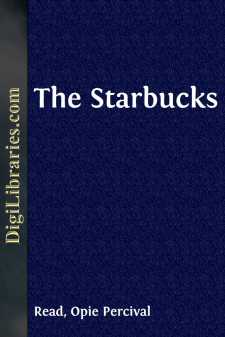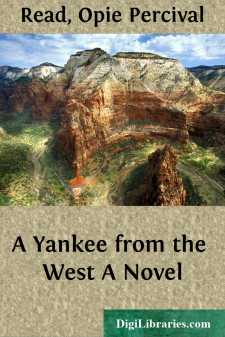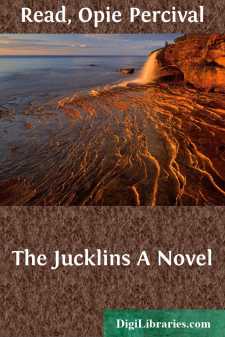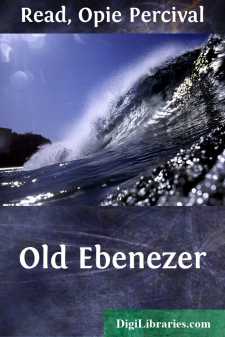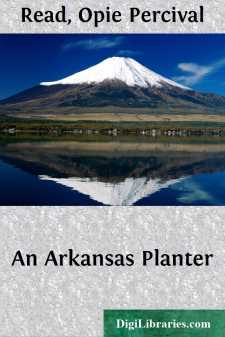Categories
- Antiques & Collectibles 13
- Architecture 36
- Art 48
- Bibles 22
- Biography & Autobiography 813
- Body, Mind & Spirit 142
- Business & Economics 28
- Children's Books 15
- Children's Fiction 12
- Computers 4
- Cooking 94
- Crafts & Hobbies 4
- Drama 346
- Education 46
- Family & Relationships 57
- Fiction 11828
- Games 19
- Gardening 17
- Health & Fitness 34
- History 1377
- House & Home 1
- Humor 147
- Juvenile Fiction 1873
- Juvenile Nonfiction 202
- Language Arts & Disciplines 88
- Law 16
- Literary Collections 686
- Literary Criticism 179
- Mathematics 13
- Medical 41
- Music 40
- Nature 179
- Non-Classifiable 1768
- Performing Arts 7
- Periodicals 1453
- Philosophy 64
- Photography 2
- Poetry 896
- Political Science 203
- Psychology 42
- Reference 154
- Religion 513
- Science 126
- Self-Help 84
- Social Science 81
- Sports & Recreation 34
- Study Aids 3
- Technology & Engineering 59
- Transportation 23
- Travel 463
- True Crime 29
The Starbucks
Description:
Excerpt
THE PEOPLE OF THE HILLS.
In every age of the world people who live close to nature have, by the more cultivated, been classed as peculiar. An ignorant nation is brutal, but an uneducated community in the midst of an enlightened nation is quaint, unconsciously softened by the cultivation and refinement of institutions that lie far away. In such communities live poets with lyres attuned to drollery. Moved by the grandeurs of nature, the sunrise, the sunset, the storm among the mountains, the tiller of the gullied hill-side field is half dumb, but with those apt "few words which are seldom spent in vain," he charicatures his own sense of beauty, mingling rude metaphor with the language of "manage" to a horse.
I find that I am speaking of a certain community in Tennessee. And perhaps no deductions drawn from a general view of civilization would apply to these people. Some of their feuds, it is said, may be traced back to the highlands of Scotland, and it is true that many of their expressions seem to come from old books which they surely have never read, but they do not eat oats, nor do they stand in sour awe of Sunday. What religion they have is a pleasure to them. In the log meeting-house they pray and sing, sometimes with a half-open eye on a fellow to be "thrashed" on the following day for not having voted as he agreed; "Amen" comes fervently from a corner made warm by the ardor of the repentant sinner; "Hallelujah!" is shouted from the mourner's bench, and a woman in nervous ecstasy pops her streaming hair; but the average man has come to talk horse beneath the trees, and the young fellow with sun-burnt down on his lip is there slily to hold the hand of a maid frightened with happiness and boastingly to whisper shy words of love.
"Do you like Sam Bracken?" he inquires.
"Not much."
"If you like him much, I bet I can whup him. Like Steve Smith?"
"Not so powerful well."
"I can whup him."
"Bet you can't."
"You wait."
And the chances are that unless she modifies her statement the Smith boy will be compelled to answer for the crime of her compliment.
In this community, in the edge of what is known as East Tennessee, the memory of Andrew Jackson is held in deepest reverence. To those people he was as a god-like hero of antiquity. Single-handed he defeated the British at New Orleans. Nicholas Biddle, a great banker somewhere away off yonder, had gathered all the money in the land, and it was Jackson who compelled him to disgorge, thus not only establishing himself as the master of war, but as the crusher of men who oppress the poor.
Prominent in the neighborhood of Smithfield, a town of three or four hundred inhabitants, was Jasper Starbuck. Earlier in his life he had whipped every man who stood in need of that kind of training. Usually of a blythesome nature, he was subject to fits of melancholy, only to be relieved by some sort of physical entanglement with an enemy. Then, his "spell" having passed, he would betake himself to genial affairs, help a neighbor with his work, lend his chattels to shiftless farmers, cut wood and haul it for widows, and gathering children about him entertain them with stories of the great war.
And how dearly that war had cost him....


